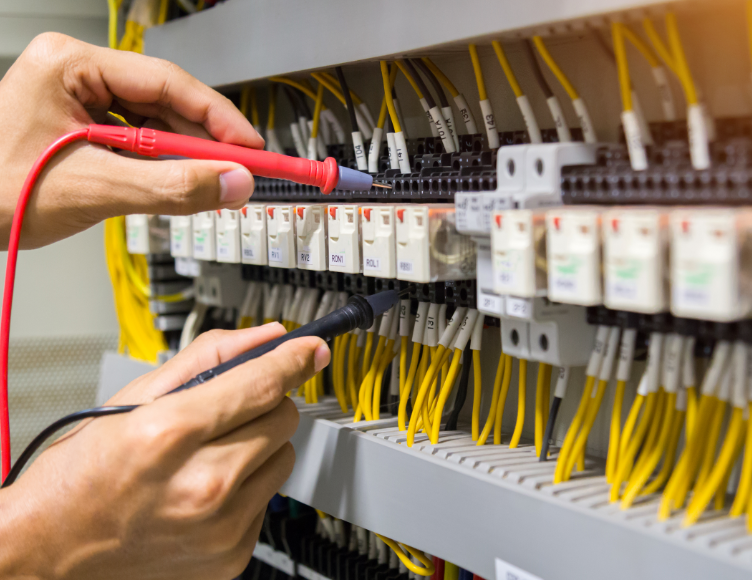
-
Home Energy
Compare Energy Prices Who Supplies my Electricity & Gas UK Energy Suppliers Compare Energy Prices per kWh Fixed Price Energy Compare EV Tariffs Electricity Cost Calculator Gas Units Conversion Calculator Energy Saving Tips Zero Standing Charge Suppliers How to find your MPAN & MPRN Numbers Best & Worst Energy Suppliers All Energy Guides >>
- Business Energy
-

- About
- Contact Us
-









